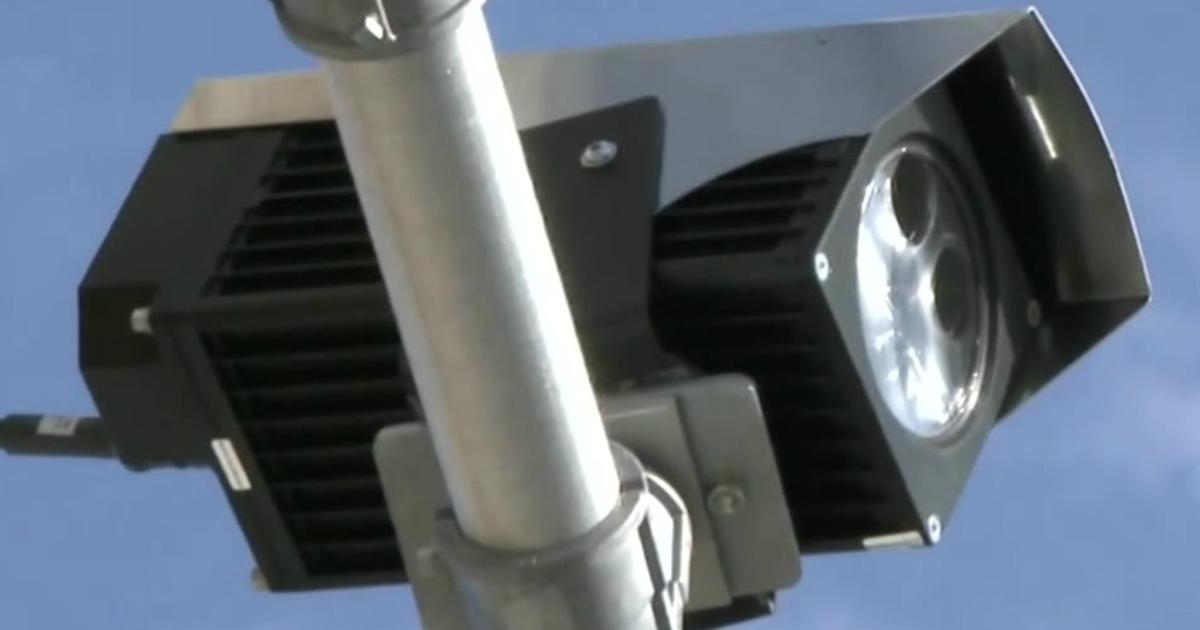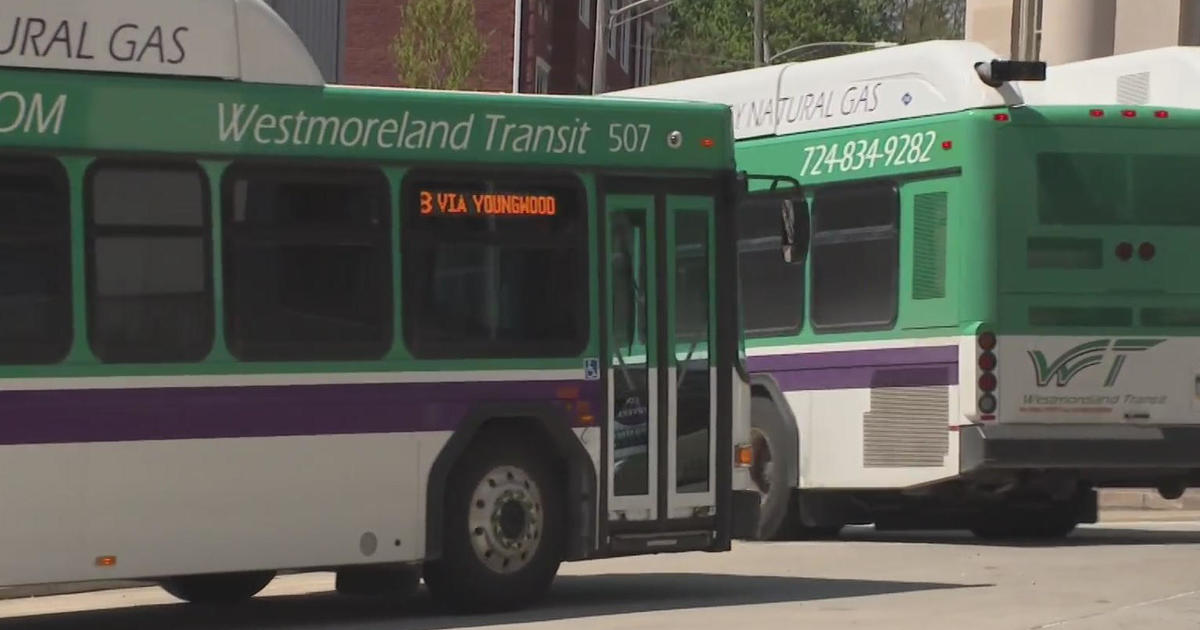KDKA Investigates: Residents Of Butler Co. Community Blame Fracking For Bad Water, But DEP Says Otherwise
CONNOQUENESSING TOWNSHIP (KDKA) -- The Woodlands is a tight little community of a few dozen families who live in trailers and modest homes on a 100-acre patch in rural Butler County. Folks there don't have much money but say they once had clean water.
"Water was good. Never had no trouble. Then they started fracking," John Fair said.
Eight years ago, Rex Energy began drilling for shale gas on the outskirts of the Woodlands, and people like Fair say their well water suddenly turned rancid and gave them rashes after showering.
"Smelled first. It got that rotten egg smell first, and then it started getting that brown color to it," he said.
Today, people here still don't have clean water and travel weekly to nearby White Oak Springs Presbyterian Church for cases of donated clean water. They still blame fracking and the now-bankrupt Rex Energy for contaminating their wells.
"Big corporation versus little guy, so who's going to win?"
More than a decade into drilling in Pennsylvania, fracking still stirs controversy about its impact on local water sources.
In Plum, the state Department of Environmental Protection is now investigating whether a Huntley and Huntley drill site has contaminated a private well nearby.
While drilling is facing stiff opposition in the northern suburbs, the state grand jury is now taking testimony about its environmental impacts.
But does shale gas drilling pose a serious threat to our water supplies?
State data and two recent scientific studies seem to say that the threat may be overstated. The evidence indicates that while water contamination from drilling is possible, it is also rare.
In their study, Penn State scientists reviewed data from 1,385 shale gas wells in Bradford County and found only the possibility of contamination near seven of them.
In addition, Yale University installed eight monitoring wells near drill sites in Washington County, drawing samples over two years. Yale detected no groundwater impacts, and while methane levels changed, their scientists concluded these were natural variations not related to drilling.
"This is a very safe industry when it comes to impact on ground water quality," geologist Fred Baldassare said.
Early on, this was not the case -- most notably back in 2009, when stray methane gas polluted some 64 water wells in Dimock, Pa. It inspired the movie "Gasland," with people igniting gas out of their faucets.
"I do think the industry got off to a bad start in 2009. There were some legitimate problems and legitimate complaints and those sort of cemented in some people's minds that this is not good for us," Baldassare said.
But, he said since then, tougher state regulations and improved drilling methods have greatly reduced the number and severity of incidents.
Since 2008, the DEP has determined that more than 300 residential water supplies had been tainted by either shale gas drilling or conventional gas and oil wells. Where shale gas drilling was the cause, Badlassare says most of the cases involve a short-lived elevation in iron or manganese stirred up by the drilling.
"If it is impacted, it is a temporary condition and then things go back to normal," he said.
Still, those directly affected remain unconvinced.
In the Woodlands, the Pennsylvania DEP determined after exhaustive testing that the problems were not related to Rex Energy's drilling in the area. The federal Environmental Protection Agency also investigated and concurred, saying the iron, manganese and sodium found in the wells was there before the drilling.
Despite those determinations, folks like Judy Giffin will always believe that fracking is to blame.
"Before they came and drilled wells and that, the water was pretty good, but not no more," she said.
While shale gas drilling can result in water contamination, the data shows that the confirmed incidents are rare.
That doesn't mean, however, this debate is going away.
Drilling activity has fallen off in recent years but is projected to pick up again with the building of the cracker plant in Beaver County and the construction of new pipelines.



